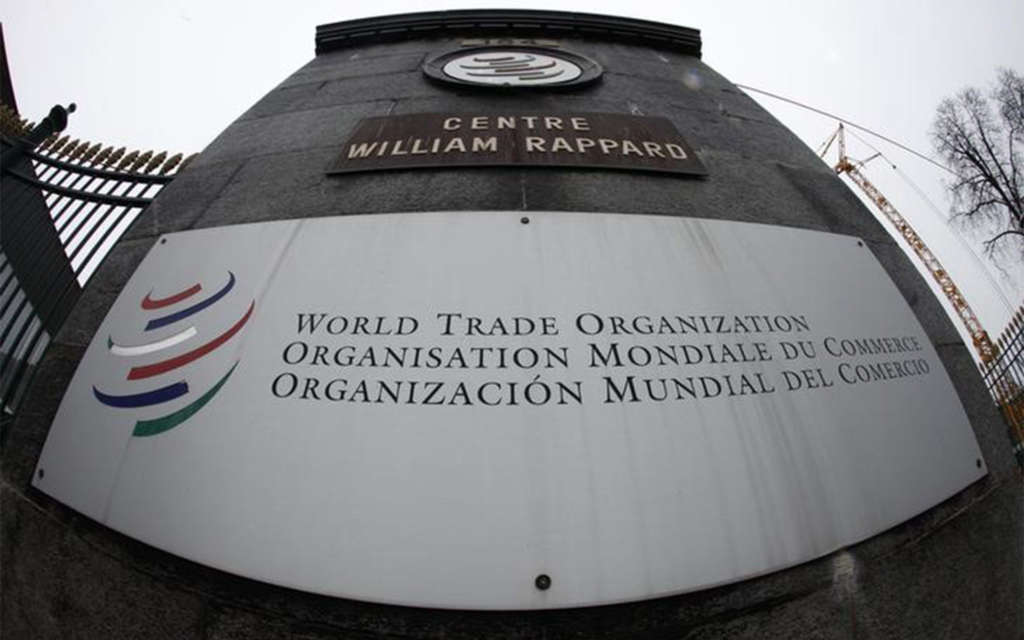Khartoum-Next July has been set by the World Trade Organization (WTO) as a date for processing Sudan’s official application on joining the 160-member international organization.
Sudan’s official application to join the most powerful legislative and judicial body regulating international trade has been delayed for more than 22 years for political and economic reasons. The application will be handed over by Minister of International Cooperation Kamal Hassan Ali.
To join, candidate countries have to offer to cut tariffs, change their laws to guarantee the rights of importers and exporters under WTO rules, commit to implement 24 trade agreements and lift restrictions on imports and exports.
Sudan established a department in the Ministry of Trade to manage WTO membership process and allocated a huge budget for efforts to join WTO.
Vice President Abdel Rahman Ali confirmed that Sudan’s delegation to Geneva is mobilizing support to its official application for joining the WTO.
As the new member has to apply equally to all WTO members, “Sudan’s delegation will meet International Trade Center Director, WTO membership officials, representatives of United Nations Security Council permanent members and the representatives of Brazil, India and China,” Ali said.
The government in Sudan has assembled a higher committee, encompassing all economic sectors as to research and resolve troubles faced by national producers. The upcoming stage in Sudan is anticipated to hold a significant step set for providing resources and opportunities on increasing the quality on national agricultural and industrial products, and services.
It is worth mentioning that the International Cooperation Minister in his statement told the press that each of the financial and economic sectors in Sudan is fully prepared to fulfill WTO requirements. The Sudanese government has arranged for an economic program covering the next four years, and which especially attends the rate of production in each of the agricultural and industrial sectors. The government eased red tape procedures on investment, making it easier. Moreover, new mechanisms for settling disputes were founded.
